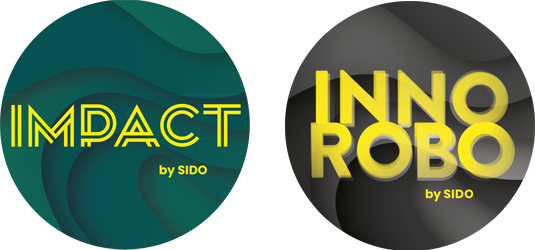Human-Centered Computing for Vision and Robotics
2018/02/11
Discover the presentation here
Christian Wolf is associate professor at INSA in Lyon and LIRIS since 2005. Since 2017, he is on leave with INRIA and CITI. He is interested in computer vision and machine learning, deep learning, especially in the visual analysis of complex scenes in motion and robotics: gesture and activity recognition and pose estimation.
The overall objective of Chroma is to address fundamental and open issues that lie at the intersection of the emerging research fields called “Human Centered Robotics” and “Multi-Robot Systems (MRS)”. Our goal is to design algorithms and develop models allowing mobile robots to navigate and operate in dynamic and human-populated environments. Chroma is involved in all decision aspects pertaining to (multi)robot navigation tasks, including perception and motion-planning. Our approach for addressing this challenge is to bring together probabilistic methods, planning techniques and multi-agent decision models. This is done in cooperation with other disciplines such as psycho-sociologists for the purpose of taking into account human models. Two main research themes of robotic navigation are addressed : i) Perception and situation awarness in human-populated environment, by focusing on bayesian perception and sensor fusion ii) Scaling-up single and multi-robot motion-planning, by combining uncertainty modeling, decentralized (swarm) models and multi-agent sequential decision making. The Chroma team is also concerned with applications and transfer of the scientific results. We work with industrial and start-up partners. Our main application domains concern autonomous vehicle driving (with Renault and Toyota), aerial robots for surveillance tasks and services robotics.








